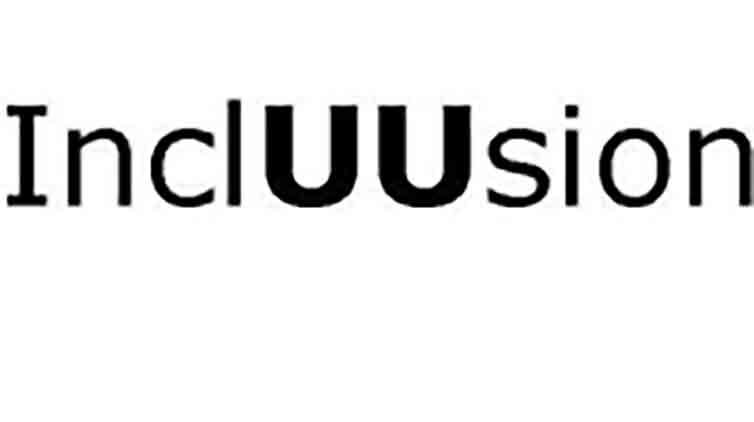Education as an integration tool

The value of education transcends all boundaries and ages. Education is as universal as any inalienable right there is. These facts appear to have taken backstage when it comes to asylum seekers and refugees.
Like all other perceptions surrounding the influx of refugees in Europe, it is assumed that most refugees have no academic background. The shock on the face of immigration officials on discovering that a refugee can read and write; and or speak better English than many often draws awkward stares.
It is fairly accurate, although not factual (because of absent research in this field) to make the assumption that education is not a priority of those refugees and asylum seekers who are forced to leave their country and seek refuge across Europe.
The Equal Community Initiative (Equal) said as early as in 2007 that “education and training can offer opportunities to asylum seekers to not only gain useful and valuable skills, but also promote their human dignity as well as contributing to the host society”.
Today, it’s easy to identify major education initiatives as simply as “language skills courses”. Previous efforts geared toward vocational development have reduced significantly over the years. Equal said of this that “these obstacles can be detrimental not only to asylum seekers’ integration into the new society but also to their health and well-being”.
The InclUUsion project has come at a time when frustrations among refugees and asylum seekers has continued to grow. As a professional journalist, forced to flee from my country; it would be unfortunate to reverse my knowledge and skills in an attempt to meet stereotypes about refugees. It is only through the InclUUsion project that semi-professional and professional individuals are able to claim their sanity. I felt a human again when I sat with fellow intellectuals, brainstorming academic dilemmas in a classroom.
The satisfaction was so intense. For some weeks, I could not bring myself to accept this new reality. However, my rust in class was also obvious. I had stayed for many months without engaging in any intellectual discourse.
My admission process was rather swift. I had learnt about the project from another friend with whom we had crossed paths in one of the camps dotting the Dutch countryside. He had also learnt of the project from another friend. Our fear was that it would be impossible to study without our asylum decisions available. This explains why it took longer for us to apply. However, upon applying, within two weeks, I was attending classes in the Children’s Rights and Juvenile Justice at Janskerkhof.
I have since gone on to take two more course subjects: Mobilization of Violent Collective Action in an Age of Terrorism and Gender & International Law. Each of these courses have been my choices. I have deliberately chosen them because they are in line with my journalism career. While the first one offered opportunities to understand violent actions of individuals and communities, the second has introduced me to the emerging realities of gender mainstreaming as well as international law. These are all crucial knowledge gaps that the InclUUsion project has assisted in filling.
There are also simpler satisfactions from attending these courses at Utrecht University. I have been able to escape from the routines of the camp: eat, drink, sleep and this every day, every week, all year. Coming to Utrecht twice a week is both refreshing in an academic sense (especially when I am able to delve into the library) but also from a social perspective. I have made several friends in the classes I have attended, in addition to a buddy system that has allowed me “on the spot” friendships.